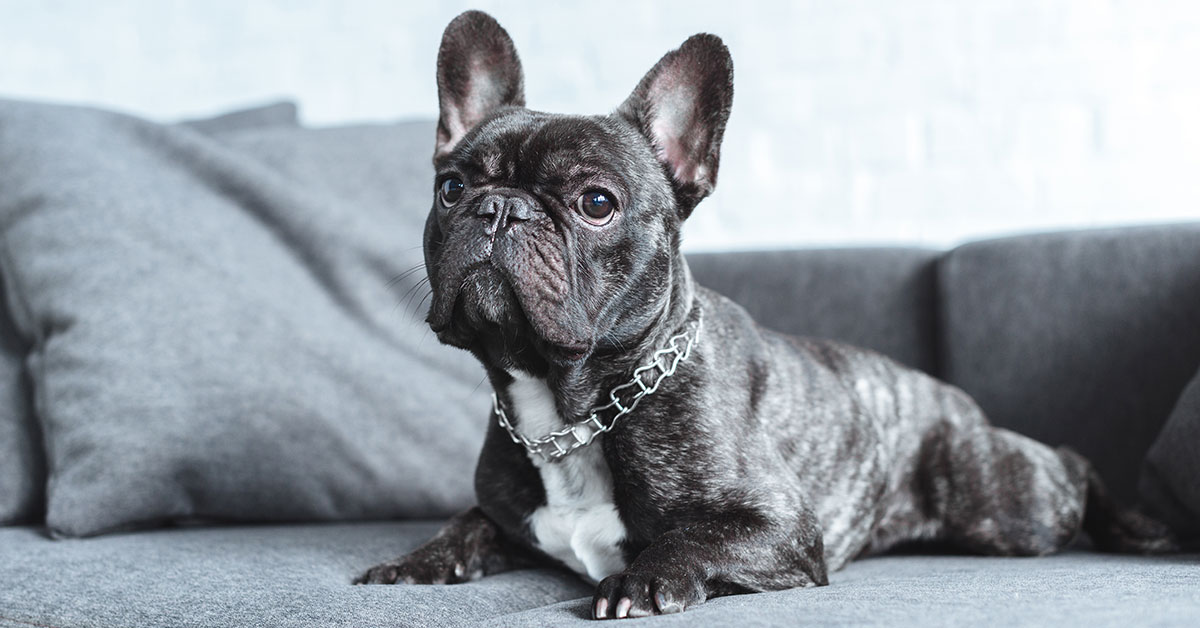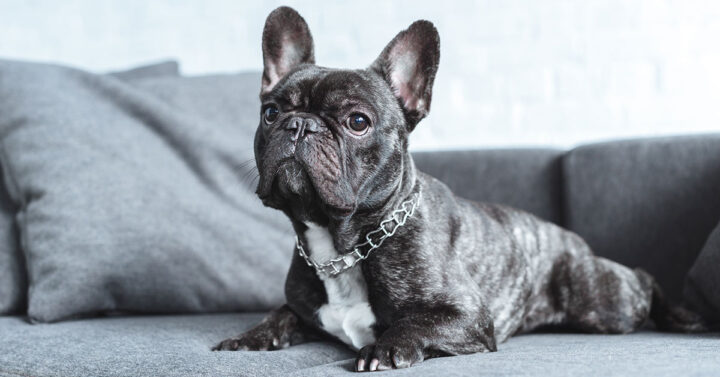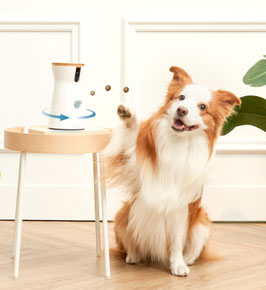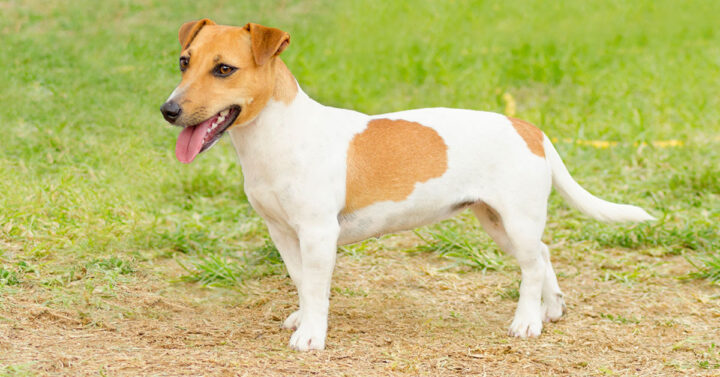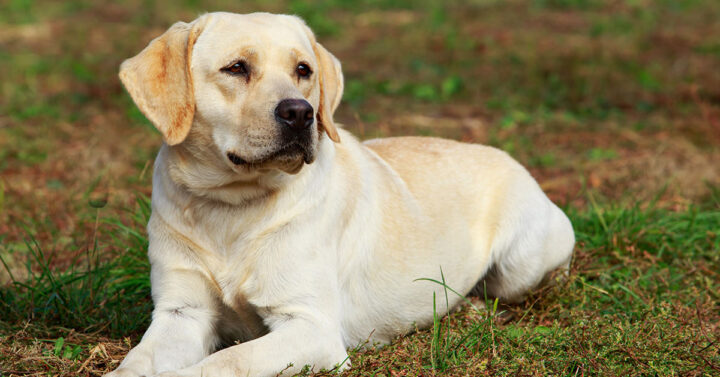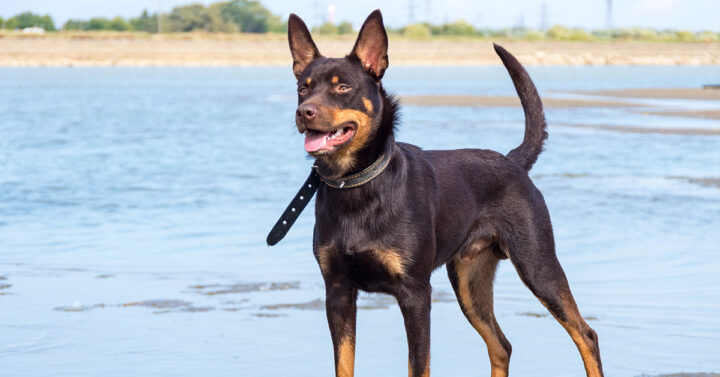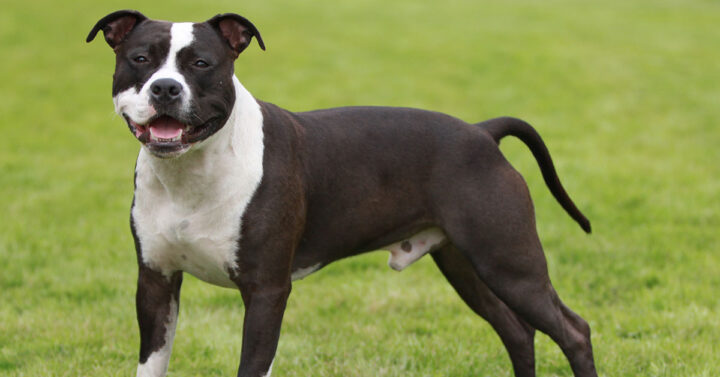Introduction to The Frenchie
French Bulldogs, with their perky ears, expressive eyes, and playful demeanour, are hard to resist. But there’s a lot to know before you decide to bring one home.
The Allure of the French Bulldog
French Bulldogs are adored for their loving nature and small, manageable size. They are great companions and suit a variety of lifestyles.
Why This Guide is Tailored for Australians
This guide aims to address the unique needs and questions of prospective French Bulldog owners in Australia, covering everything from climate considerations to local regulations.
A Brief History of the French Bulldog
Understanding the history of the French Bulldog can give you valuable insights into their characteristics and needs.
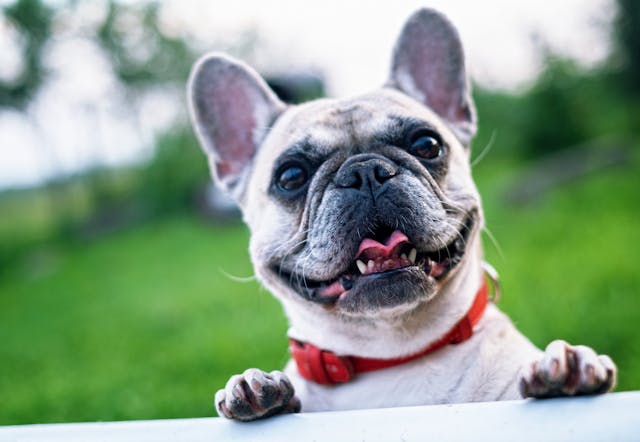
Origins in England
The French Bulldog originally descended from the English Bulldog. They were bred to be a smaller, toy version and were particularly popular among lace workers in England.
Migration to France
The breed found its way to France during the Industrial Revolution, which is how they earned the ‘French’ in their name.
Popularity in Australia
French Bulldogs have seen a surge in popularity in Australia in recent years, thanks to their suitability as companions and relatively low maintenance.
Physical Characteristics
Before getting a French Bulldog, it’s essential to understand their physical traits to ensure they are the right fit for your lifestyle.
Size and Weight
Average adult French Bulldogs weigh between 7-13 Kilograms (16-28 pounds) and stand around 25-30 centimetres (10-12 inches) tall at the shoulders.
Coat and Colours
The coat is generally short, smooth, and fine. They come in a range of colours including brindle, fawn, and white.
Facial Features
One of their most distinctive features is their ‘bat ear’, which stands erect and is proportionally large compared to the head.
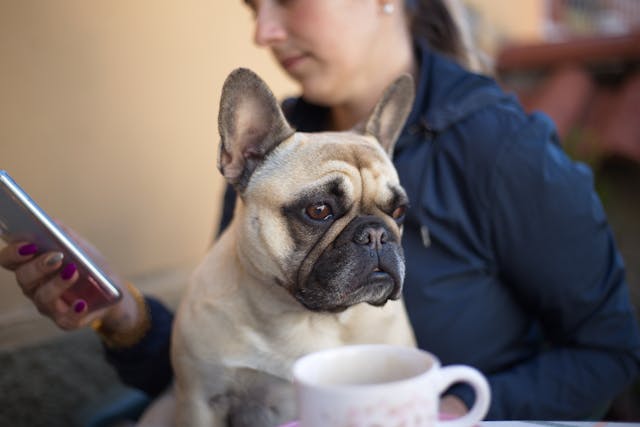
Life Expectancy
With proper care, French Bulldogs can live up to 10-12 years.
Personality Traits
French Bulldogs are more than just their cute faces; they have personalities that many find endearing.
Friendly and Affectionate
Known for their friendly disposition, French Bulldogs are great with kids and other pets.
Sociability
They generally get along well with strangers and are not overly aggressive or timid.
Intelligence and Training
French Bulldogs are quite intelligent but can be a bit stubborn. Consistent, positive reinforcement training methods work best.
Health and Wellbeing
Like any breed, French Bulldogs come with their own set of health considerations.
Common Health Issues
French Bulldogs, like all breeds, have their own set of health challenges. Understanding these can help you provide the best care for your pet and maintain its well-being.
- Brachycephalic Syndrome: Due to their short nose and flat face, French Bulldogs can experience difficulties with breathing. This condition can lead to a variety of symptoms, including snoring, laboured breathing, and in extreme cases, collapse during exertion.
- Hip Dysplasia: This is a genetic condition where the thigh bone doesn’t fit snugly into the hip joint. Over time, this can lead to arthritis, causing pain and restricting movement.
- Skin Conditions: French Bulldogs have folds in their skin, especially around the face. These folds can become a breeding ground for bacteria if not cleaned regularly, leading to infections and skin diseases.
- Eye Problems: Their protruding eyes are susceptible to conditions like cherry eye, cataracts, and dry eye. Regular check-ups can help detect and treat these conditions early.
- Hemivertebrae: This is a malformation of one or more vertebrae that can lead to spinal cord damage. It’s especially common in breeds with short, screw or curly tails like the French Bulldog.
- Ear Infections: Their bat-like ears, though adorable, can be prone to infections. Regular cleaning and checking for signs of inflammation can help prevent these.
- Heat Intolerance: French Bulldogs can easily become overheated due to their brachycephalic nature. In warmer climates, it’s crucial to provide them with a cool environment, especially during hot spells.
Veterinary Care in Australia
Regular check-ups with a vet experienced in brachycephalic breeds are crucial. It’s also beneficial to have pet insurance due to potential health issues.
Diet and Nutrition
Providing a balanced diet is essential for their overall health. Always consult your vet for specific dietary recommendations.
Exercise Requirements
Though they are not as active as some breeds, they do require regular exercise to maintain a healthy weight.

Legal and Ethical Considerations in Australia
Australia has specific regulations concerning pet ownership, and French Bulldogs are no exception.
Breeding Standards
Always choose a breeder who follows ethical breeding practices to ensure the health of the puppy.
Ownership Laws
Microchipping and registration are mandatory in most Australian states. Make sure to understand your local pet laws.
Import Regulations
If you’re considering importing a French Bulldog into Australia, be aware that strict quarantine laws apply.
Choosing the Right French Bulldog
Finding the right French Bulldog for your home involves some careful consideration and planning.
Pedigree vs. Rescue
Consider whether you want a pedigreed puppy or are open to rescuing. Both options have their pros and cons.
Where to Find French Bulldogs in Australia
Various breeders and rescue organizations across Australia specialize in French Bulldogs.
Questions to Ask Breeders
Asking the right questions can help ensure that you’re getting a healthy, well-socialized puppy. Always inquire about health screenings, lineage, and return policies.
Adaptation to Australian Climate
Due to their brachycephalic nature, French Bulldogs are sensitive to extreme temperatures, something to be mindful of in the Australian climate.
Heat Sensitivity
Avoid walking them during the hottest parts of the day and always provide ample water and shade.
Creating a Comfortable Environment
Indoor climate control can help make the Australian heat more bearable for your French Bulldog.
Caring for Your French Bulldog
Proper care involves more than just feeding and walking; it also includes grooming and behavioural training.
Grooming Essentials
Regular brushing and occasional baths are necessary. Also, pay attention to their ears and teeth.
Traveling with Your Pet
If you plan on travelling around Australia, make sure to prepare for your pet’s needs, including considering pet-friendly accommodations.

Common Behavioural Issues and Solutions
Like any breed, French Bulldogs can develop behavioural issues like separation anxiety or stubbornness. Professional training can often help resolve these issues.
Conclusion
You’re now equipped with comprehensive information about French Bulldogs, making you well-prepared to be a responsible and loving owner.
Why the French Bulldog is the Perfect Companion
With their friendly nature, manageable size, and charm, French Bulldogs make for an ideal pet for many families.
Tips for a Happy, Healthy Life Together
Regular vet visits, proper nutrition, and consistent training are key components for a fulfilling life with your French Bulldog.
Frequently Asked Questions
We’ve gathered some commonly asked questions to provide you with quick answers to your queries.
Is the French Bulldog Right for Me?
If you’re looking for a low-maintenance, friendly, and adaptable pet, a French Bulldog might be an excellent choice.
What Are the Costs Involved in Owning a French Bulldog in Australia?
Beyond the initial cost of acquiring a French Bulldog, consider ongoing expenses like food, grooming, and healthcare, which can add up.
Can French Bulldogs Live in Apartments?
Yes, their small size and moderate exercise needs make them well-suited for apartment living.

